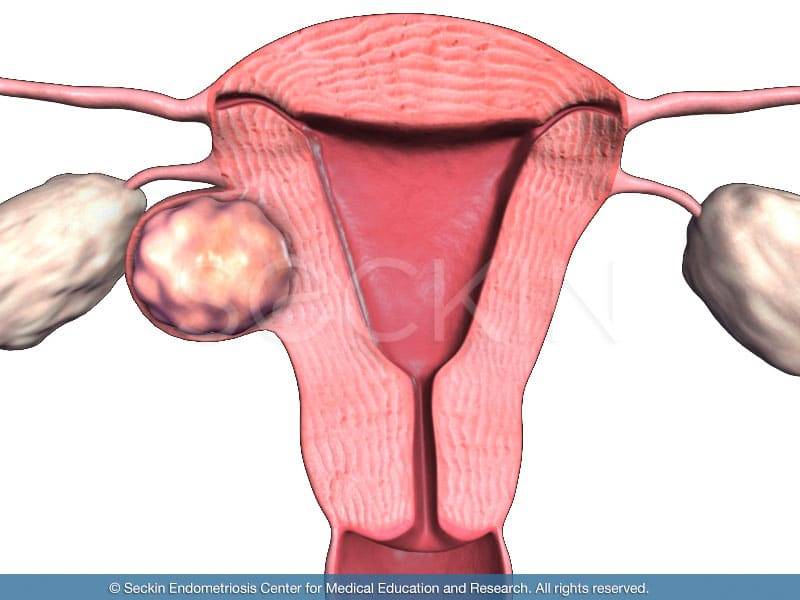Fibroids, also known as uterine leiomyomas or myomas, are benign (noncancerous) growths that develop in the wall of the uterus. They are the most common benign tumors in women of reproductive age and affect up to 80% of women by the age of 50. The exact cause of fibroids is not fully understood, but there are several factors that are believed to contribute to their development.
Genetics
Studies have shown that fibroids tend to run in families, suggesting a genetic component to their development. Women with a family history of fibroids are at increased risk of developing them themselves. Certain genetic mutations may also play a role in fibroid development.
Hormones
Fibroids are sensitive to hormones, particularly estrogen and progesterone. These hormones are produced by the ovaries and regulate the menstrual cycle. During pregnancy, when hormone levels are high, fibroids may grow larger. Conversely, after menopause when hormone levels decline, fibroids may shrink. Hormonal imbalances, such as those associated with polycystic ovary syndrome (PCOS), may also contribute to fibroid development.
Race and Ethnicity
Fibroids are more common in women of African descent than in women of other ethnicities. Additionally, African American women are more likely to develop larger and more numerous fibroids than women of other races. The reasons for this are not fully understood, but may be related to differences in genetics or environmental factors.
Obesity
Being overweight or obese has been linked to an increased risk of developing fibroids. This may be due to the fact that fat cells produce estrogen, which can stimulate fibroid growth.
Diet
Studies have suggested that a diet high in red meat and low in fruits and vegetables may increase the risk of fibroid development. This may be due to the fact that red meat contains high levels of hormones and other growth factors, while fruits and vegetables are rich in antioxidants and other nutrients that may protect against fibroid growth.
Other Factors
Other factors that may contribute to the development of fibroids include age (fibroids are more common in women over 30), pregnancy (fibroids may develop or grow during pregnancy), and certain medical conditions such as endometriosis or adenomyosis.
In conclusion, fibroids are a common condition that can affect women of all ages. While the exact cause of fibroids is not fully understood, several factors are believed to contribute to their development, including genetics, hormones, race and ethnicity, obesity, diet, and other medical conditions. If you are experiencing symptoms of fibroids, such as heavy periods, pelvic pain, or difficulty conceiving, it is important to speak with your healthcare provider to determine the best course of treatment.



No comments yet
Be the first to share your thoughts!